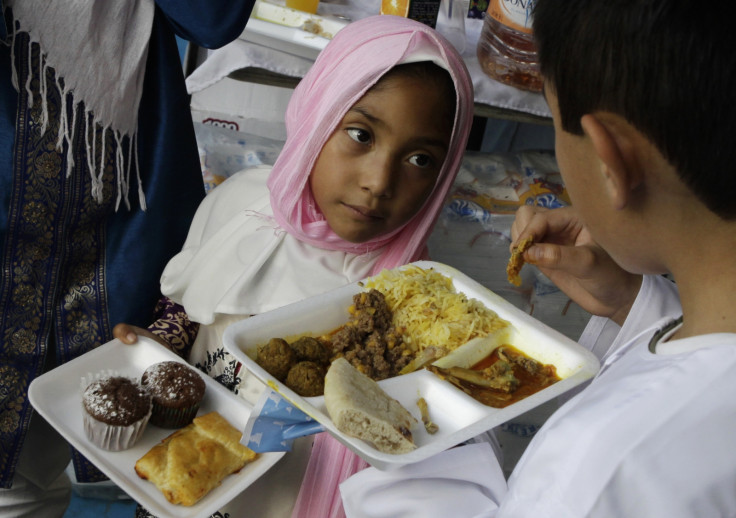Eid al-Fitr 2016: Popular foods and sweets around the world to end Ramadan fast
In India, Pakistan and Bangladesh, Muslims celebrate the festival with sweet vermicelli noodles.
Eid al-Fitr is also known as "Sweet Eid" and rightly so, as the Muslim festival that marks the end of the holy month of Ramadan is celebrated worldwide with a variety of sweet dishes. According to Islamic traditions, Eid al-Fitr is the first day of the month of Shawwal, which follows Ramadan – the month of fasting and abstinence from worldly pleasures.
Simply referred to as Eid by Muslims around the world, the festival is a time when people gather at mosques, community centres and homes to worship and thank God (Allah), and then celebrate with a grand feast. While the traditions vary with each country, the festive food remains the central point of the celebrations.
Muslims around the world break their fast on Eid with traditional cuisines and sweet dishes. Dates form an integral part of the food that Muslims eat to break their month-long fast. Klaicha is a type of date-filled pastry prepared by Iraqis, which is made with a hint of rosewater.

People in Lebanon and Syria too savour a similar cookie called maamoul. Butter cookies, made with almonds and pine nuts are what traditional Palestinians love to serve on Eid and they call it ghraybeh.
Palestinian family whose home was destroyed during the Israeli aggression preparing Eid sweets in the southern #Gaza pic.twitter.com/CLDI5s0FIi
— Ù…Øمد الÙيومي #غزة (@moh_Fayoumi) July 4, 2016
In India, Pakistan, Iran, and Bangladesh, Muslims celebrate the festival with sweet vermicelli noodles also known as seviyan, that are either served dry, or in a milk pudding called sheer khurma. Apart from these authentic sweets, Muslims in South Asia also include barfi, gulab jamun, and different forms of cakes as part of their grand Eid feast. In Turkey, baklava is one of the local favourites during this time.
Eid approches which means cakes, sweets and all sorts of yummy food 😊 pic.twitter.com/frNVQ2hsgF
— Islamically Social (@Islamicallyso) July 2, 2016
Our Lebanese #Maamoul for Eid is ready done by my sis ROLASCATERING @RolaHashem1 #Eid is coming pic.twitter.com/Mnwr240pfY
— Lina Younis (@LinaYounis1) July 3, 2016
Not for nothing is the Eid al-Fitr considered a festival that promotes love and brotherhood. Foods and sweet dishes prepared for the feast are not only consumed by family and friends at get-togethers, but also presented to others in the community. In several places, children visiting neighbourhood families are gifted parcels of sweets.
The traditional foods and cuisines are also distributed among the less fortunate ones, so that each and everyone can be a part of the festival of Eid.
This Eid try Kheer Sevaiya with Honey instead of artificial sugarhttp://t.co/IEefEHaPj3#EidAlAdha #Eid #EidMubarak pic.twitter.com/te1cGvjlgV
— Sattvic foods (@SattvicFoods) September 25, 2015
© Copyright IBTimes 2025. All rights reserved.





















